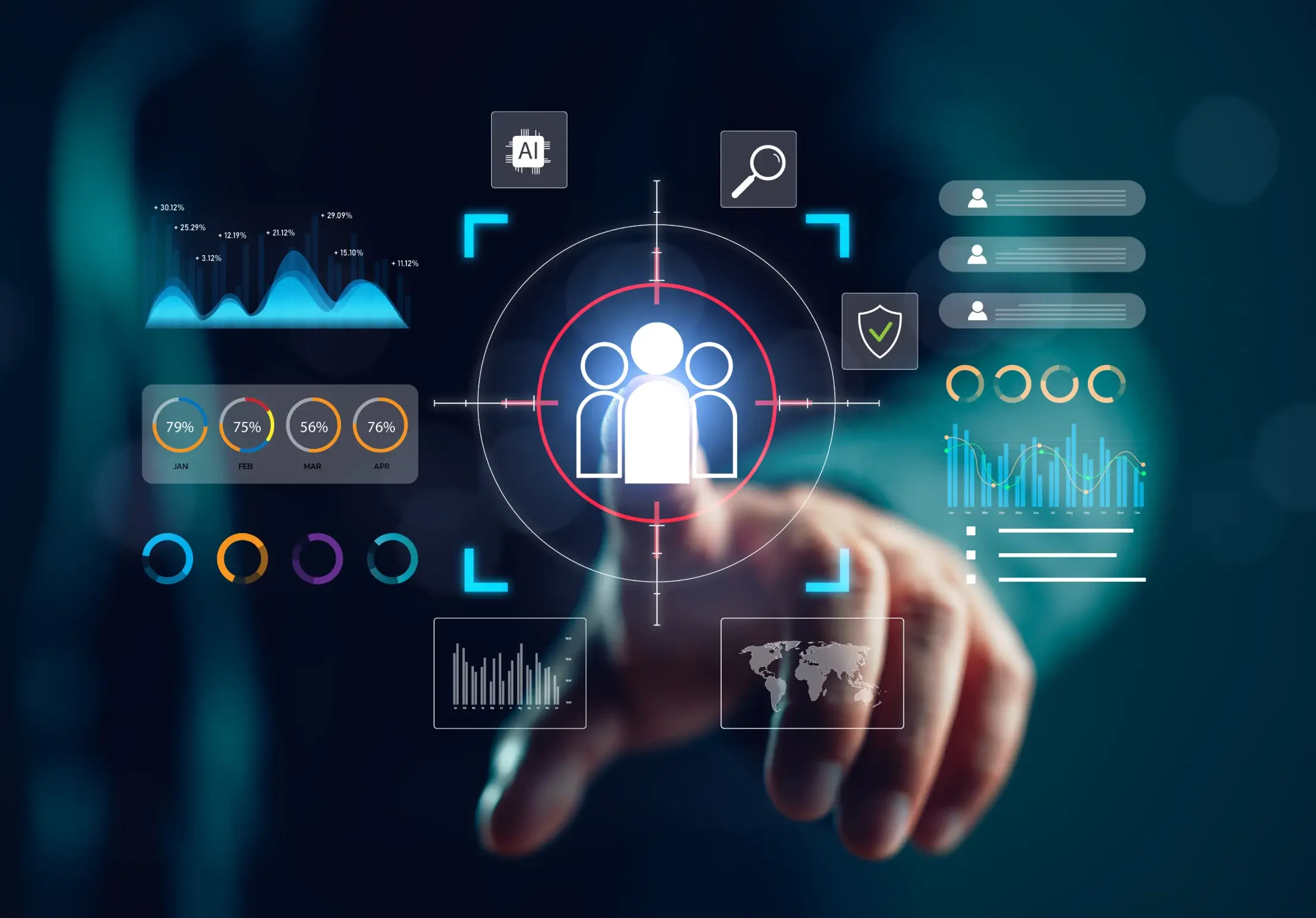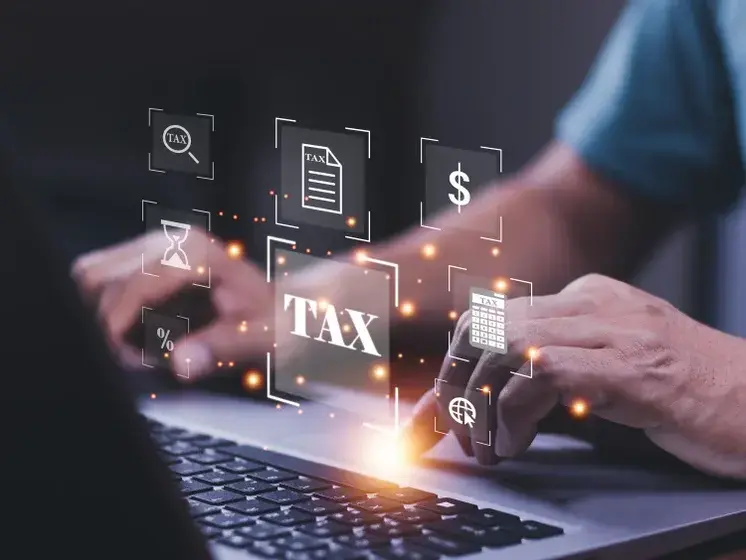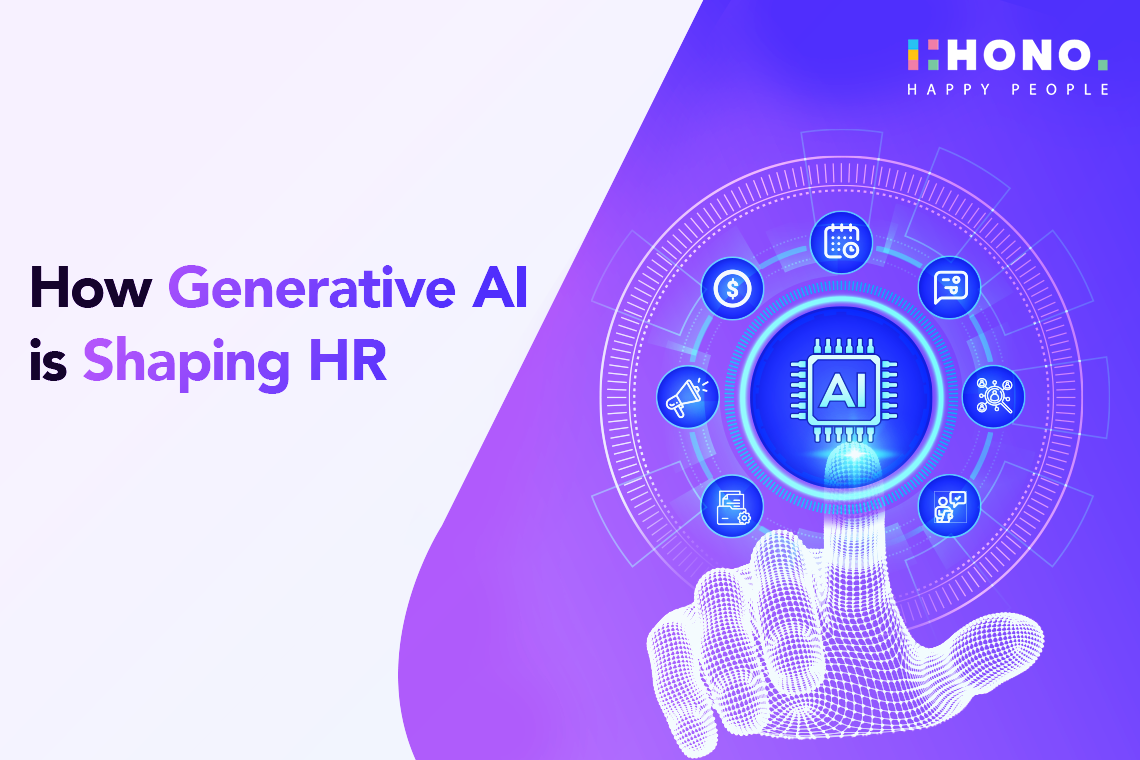The Current Way of Corporate Learning
In corporate sectors, the change in workplace learning is continuously evolving. Corporations are increasingly recognizing the role of Corporate Learning Management (CLM) systems and software in building employee development. These platforms, commonly known as Corporate Learning Management Systems (LMS), streamline and optimize the learning process within organizations. As businesses overcome the complexities of a competitive environment, corporate LMS platforms have become indispensable tools for curating and delivering comprehensive training content. The changing nature of workplace learning is marked by a shift towards personalized, user-centric experiences facilitated by cutting-edge corporate learning management software. This shift not only enhances the efficiency of employee development but also aligns training initiatives more closely with organizational objectives.
However, amid this transformative journey in corporate learning, businesses face a lot of challenges in ensuring effective employee development. The integration of corporate LMS brings with it the need for seamless adaptation and change management within organizations. Implementing and optimizing corporate learning management systems demands strategic planning and investment. Additionally, building a culture of continuous learning can be challenging, as employees and organizations grapple with the demands of a rapidly evolving business landscape. Despite these hurdles, the benefits of corporate learning, facilitated by advanced CLM solutions, are undeniable. Successfully going through this evolving terrain requires a nuanced understanding of the corporate learning landscape and a commitment to overcoming challenges for the holistic development of the workforce.
Understanding Employee Needs
Tailoring Corporate Learning Management (CLM) to cater to the diverse needs of employees is imperative for building an environment of effective skill development. Learning Management Systems (LMS) play an important role in this by offering a versatile platform that adapts to individual learning styles. By recognizing the unique preferences and learning formats preferred by employees, organizations can customize their CLM approach, ensuring a more engaging and impactful learning experience. This personalized approach not only enhances the overall effectiveness of corporate learning but also reflects a commitment to meeting the diverse needs of a modern and dynamic workforce.
Utilizing Data to Drive Learning Initiatives
During this advanced corporate learning management time, data analytics emerges as a powerful tool to enhance training effectiveness. Corporate Learning Management Systems leverage data to identify training gaps, enabling organizations to tailor learning initiatives strategically. By delving into statistics, businesses gain valuable insights into employees' strengths and areas for improvement, facilitating the creation of personalized learning paths. This data-driven approach not only optimizes the efficiency of corporate learning but also ensures that resources are allocated where they can have the most significant impact, fostering continuous improvement.
6 Simple Strategies for Corporate Learning Management
Engage Employees Actively: Encourage participation and involvement in learning activities to enhance engagement and retention.
Personalize Learning Paths: Tailor training plans based on individual strengths and needs for a more effective learning experience.
Promote Continuous Learning Culture: Foster an environment that values ongoing learning, keeping employees motivated and adaptable.
Utilize User-Friendly Platforms: Opt for intuitive and accessible corporate learning management systems to enhance user experience.
Measure and Optimize: Implement regular assessments and use data insights to continuously improve training programs.
Encourage Collaboration: Facilitate knowledge-sharing among employees, fostering a collaborative learning community.
Read More: Understanding the Basics and Benefits
Building a User-Friendly Learning Platform
The significance of an intuitive and accessible learning interface cannot be overstated in the realm of corporate learning. Corporate Learning Management Systems, as the backbone of learning initiatives, need to prioritize user-friendliness to enhance engagement. A user-friendly CLM platform simplifies the learning process, ensuring that employees can navigate seamlessly through the available resources. By incorporating best practices in design and functionality, organizations can create an environment where learning is not only effective but also a user-friendly experience that encourages participation and skill retention.
Fostering Continuous Learning Cultures
Promoting a culture of continuous learning within an organization is paramount for sustained success in the corporate world. Corporate Learning Management plays a crucial role in nurturing this culture by providing accessible and diverse learning opportunities. Corporate Learning Management Systems support ongoing skill development, emphasizing the importance of staying abreast of industry trends. By leveraging these platforms, organizations not only enhance employee engagement but also bolster retention rates by fostering an environment that values and supports continuous learning as a fundamental aspect of corporate culture.
Measuring the ROI of Learning Programs
As organizations invest in Corporate Learning Management Systems, the measurement of Return on Investment (ROI) becomes crucial. Exploring ways to quantify the impact of CLM on overall business performance is essential for justifying these investments. Utilizing relevant statistics and data, businesses can demonstrate the tangible benefits of learning initiatives facilitated by corporate LMS. From improved employee performance to increased productivity, the ROI of learning programs extends beyond skill development, directly impacting the bottom line and reinforcing the value of strategic corporate learning investments.
Overcoming Common Challenges
Talk About Changes: Share why learning matters, making it easy for everyone to get on board with new ways of doing things.
Make Things Fit Together: Help everyone understand and use the new learning tools by teaching them and making sure everything works smoothly.
Make Learning Fun: Create easy-to-use tools and add fun elements, like games, to get everyone excited about learning new things.
Save Money Where You Can: Focus on what really matters in the learning tools and choose ones that won't cost too much. Look for tools that can grow with the company.
Use What You Learn: Pay attention to what people are good at and what they need help with. Then, make learning plans that fit each person and keep getting better.
Get Ready for More: Choose tools that can grow with the company and plan for when more people join in or when things change.
In wrapping up our exploration of Corporate Learning Management (CLM) and the significance of Corporate Learning Management Systems (LMS), it's clear that these tools are indispensable in the evolving landscape of corporate learning. Throughout this journey, we've underscored the pivotal role of intuitive corporate learning management software in shaping effective employee development strategies. Summarizing the key takeaways, we emphasize the importance of recognizing the diverse needs of employees in corporate learning. Tailoring CLM approaches to individual preferences ensures a more engaging and impactful learning experience. Additionally, our discussion on utilizing data analytics to drive learning initiatives reinforces the role of statistics in shaping personalized learning paths and maximizing the impact of CLM.
As businesses continue to overcome the challenges and opportunities within corporate learning, the call to adopt a strategic and data-driven approach becomes more pronounced. The future of corporate learning lies in embracing innovative CLM systems that not only facilitate skill development but also contribute to overall organizational growth. Therefore, we encourage businesses to invest in advanced tools like HONO, building a culture of continuous learning and leveraging the power of data for a more prosperous and adaptable future in corporate learning.
Request a Demo Now!

.png?width=70&height=70&name=Team%20HONO%20logo-01%20(1).png)








.jpg)
